I'm observing some strange MySQL behavior for VARCHAR fields that contain a single emoji. The connection, database and column are all utf8mb4 encoding and collation.
There's a table called categories with id and title fields. There's three rows, with titles of , and .
When I run a query looking for a row with the title , I get all the other rows with single emojis as well, as if MySQL is treating them as the same characters.
The expected behaviour should be that only the row with is returned.
